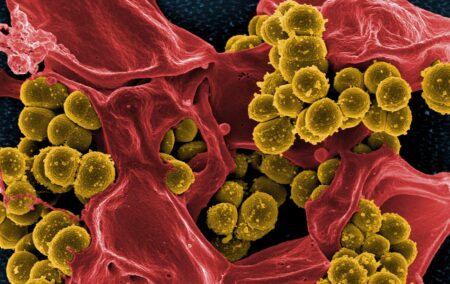Bacteria research based on constructing mirror images of molecules found in nature could put humans, animals and plants at risk of lethal infections, leading scientists have warned.
According to The Guardian, the scientists have called for a halt on research to create “mirror life” microbes, amid concerns that the synthetic organisms would present an “unprecedented risk” to life on Earth.
The international group of Nobel laureates and other experts warns that mirror bacteria, constructed from mirror images of molecules found in nature, could become established in the environment and slip past the immune defences of natural organisms, putting humans, animals and plants at risk of lethal infections.
Among the scientists are Dr Craig Venter, the US scientist who led the private effort to sequence the human genome in the 1990s, and the Nobel laureates Professor Greg Winter at the University of Cambridge and Professor Jack Szostak at the University of Chicago.
The Guardian’s science editor, Ian Sample, writes that although a viable mirror microbe would probably take at least a decade to build, a new risk assessment raised such serious concerns about the organisms that the 38-strong group has urged scientists to stop work towards the goal, and asked funders to make clear they will no longer support the research.
The newspaper quotes Professor Vaughn Cooper, an evolutionary biologist at the University of Pittsburgh, as saying: ““The threat we’re talking about is unprecedented. Mirror bacteria would likely evade many human, animal and plant immune system responses and in each case would cause lethal infections that would spread without check.”
[Image: https://www.pikist.com/free-photo]


